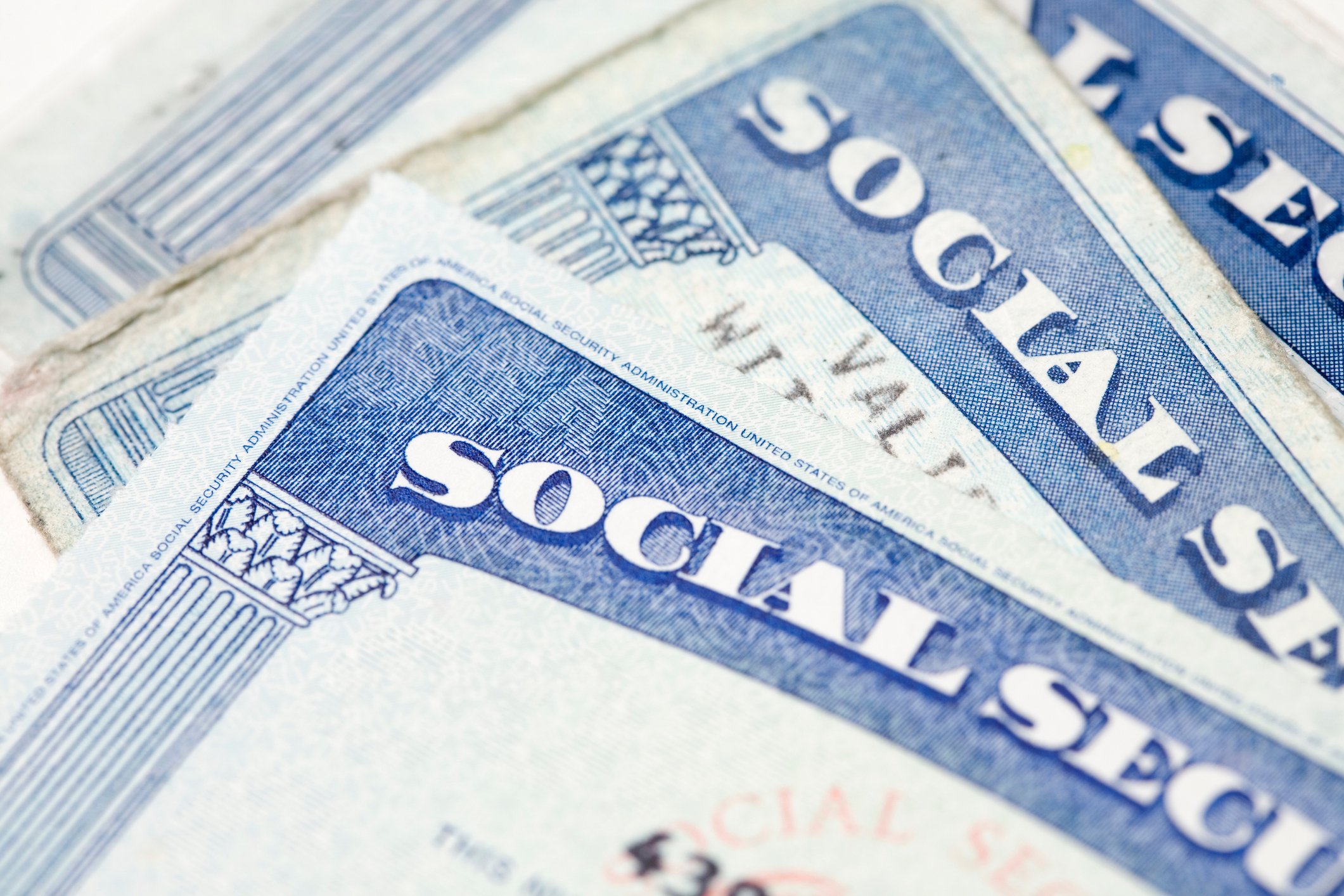Millions of seniors rely on Social Security for retirement income. If you expect to depend heavily on those benefits, you might plan on giving them a boost by delaying them past full retirement age, or FRA.
Though your Social Security benefits are based on how much you earned during your top-paid 35 working years, the age at which you file for them can impact the amount you ultimately collect each month. If you file for Social Security at your precise FRA (which, depending on your year of birth, is either 66, 67, or somewhere in between), you'll get the exact monthly benefit your earnings record entitles you to. If you file before FRA (you can do so starting at age 62), you'll reduce your benefits for each month you claim them early. And if you delay benefits past FRA, you'll boost them by 8% a year up until age 70, at which point the incentive to wait runs out.

IMAGE SOURCE: GETTY IMAGES.
Now let's imagine you're looking at an FRA of 67, at which point you'd get a $1,500 monthly benefit. Waiting until age 70 to file would raise each payment you receive to $1,860. That's an extra $4,320 of income annually in retirement. Thus, waiting as long as possible to claim your benefits might seem like a solid strategy. And in many cases, it is -- provided you're in good health. If your health is poor, on the other hand, waiting on benefits is a decision you might sorely regret.
Playing the odds
One lesser-known fact about Social Security is that the program is actually designed to pay you the same amount of lifetime benefits regardless of when you initially file. The logic is that while filing late increases your benefits on a monthly basis, you collect fewer individual payments in your lifetime, and these two factors effectively cancel each other out. This formula, however, makes one key assumption, and it's that you live an average life expectancy. If you wind up passing away at a younger age than the average senior, you could end up losing out on lifetime income from Social Security by delaying benefits.
Here's how that might play out. Imagine you're looking at a $1,500 monthly benefit at your FRA of 67. Waiting until 70 to file will, as discussed earlier, boost each individual monthly payment you collect to $1,860. By the time you turn 82 1/2, you'll wind up breaking even whether you file at 67 or 70 -- in either scenario, you'll end up collecting a total of $279,000 at that point.
What this means is that for every month you live past 82 1/2, you'll come out ahead financially by delaying benefits. But if you pass away before 82 1/2, you'll lose out by virtue of waiting. For example, if you delay benefits until age 70 but only live until 78, you'll collect a lifetime total of $178,560. But if you file at 67 and live until 78, you'll come out nearly $20,000 ahead with $198,000.
That's why your health absolutely needs to factor into your decision on when to file for Social Security. Though it's impossible to predict how long you'll live, if your health is poor by the time you reach your mid-to-late 60s, it might pay to claim your benefits as early as possible to avoid losing out on income in your lifetime.
Granted, you might reach your mid-to-late 60s in great health, only to get diagnosed with an illness just a few years down the line. Without a crystal ball, there's no telling what the future has in store for your health. But if you're in relatively good shape going into retirement, it's pretty fair to play the odds and assume you'll live a decent life expectancy, in which case waiting on benefits is a sound choice.
It's smart to want to boost your Social Security benefits, especially if you know you'll be relying on them as a major source of retirement income. Just don't forget to consider your health when determining when to claim them. Though delaying benefits as long as possible is a great idea for some seniors, if you're likely to pass away at a relatively young age, it's a move that could hurt you more than it helps.





